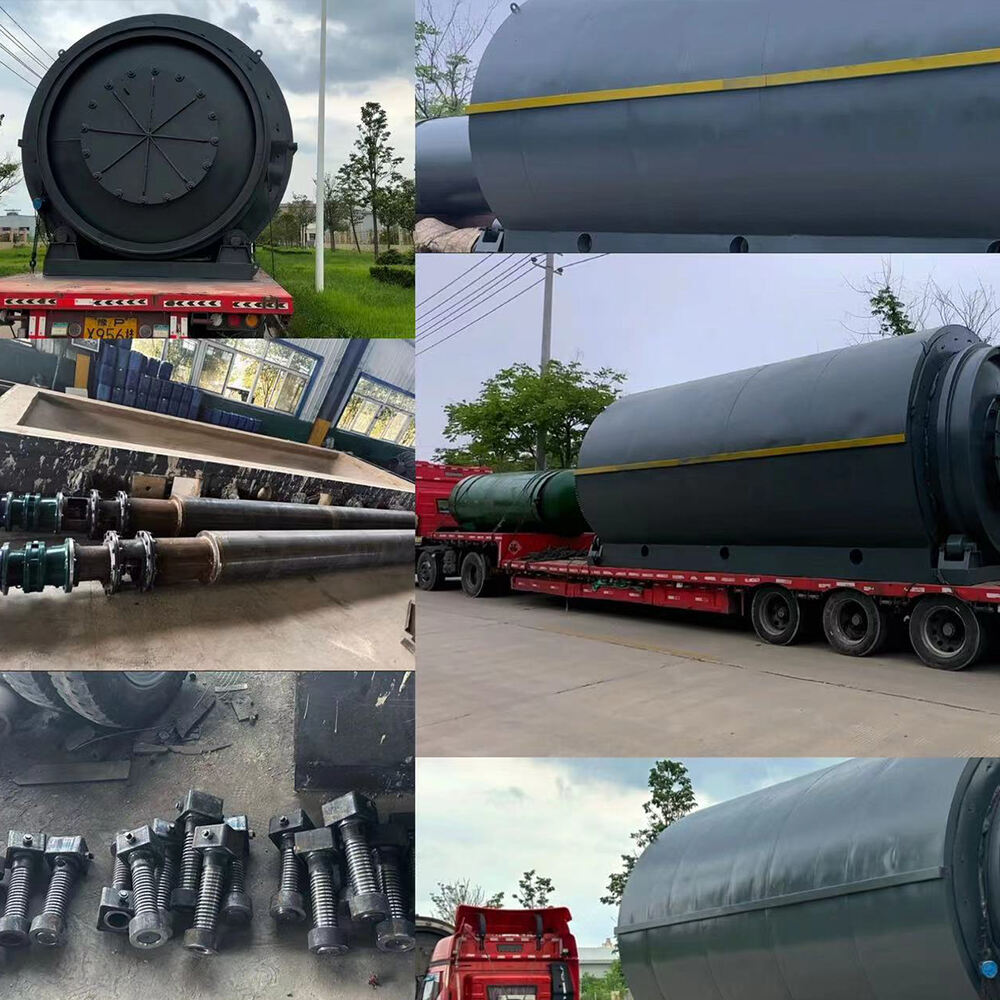Introduction to Environmental Benefits of Modern Cracking Equipment
Cracking equipment has become essential in crude oil refineries where it transforms raw crude into useful products such as gasoline and diesel fuel. As environmental concerns grow stronger across the industry, this type of tech is becoming more important for operations focused on recycling old oils and making cleaner fuels. Facilities adopting newer approaches like electric cracking systems manage to slash their carbon output considerably. Research indicates electric cracking might knock down CO2 emissions somewhere around 90 percent when compared against older techniques. Waste handling gets better too, so companies looking to green up their act find these innovations actually work well in practice rather than just theory.
How Modern Cracking Equipment Works
Today's cracking equipment comes in several forms, each playing a vital part in turning raw stuff into marketable goods while trying to be kinder to the environment. We still see old school methods alongside newer tech such as thermal crackers, those catalytic ones everyone talks about lately, plus these fancy e-crackers that have been gaining traction. The whole point behind these systems is basically making things work better, cutting down on what goes out the smokestacks, and keeping pace with industry's green goals. Thermal crackers handle heat intensive jobs, catalytic versions speed things up without so much energy, and electrical models bring something different to the table altogether. What makes them stand out? Well, some cut back on our reliance on oil and gas, others let us plug in solar power or wind energy wherever possible, which obviously helps slash those pesky carbon numbers we all hear so much about nowadays.
Among various processing options, continuous cracking equipment stands out for its efficiency while cutting down on harmful emissions. What makes these systems special is their ability to run smoothly without stopping during material processing. The continuous feed design keeps production going at a steady pace, which means less wasted energy compared to those stop-start methods we still see in many plants. With lower CO2 output and fewer pollutants overall, manufacturers find themselves better positioned to comply with tough environmental standards. Plus, companies looking to hit their green targets often turn to this technology first when upgrading facilities.
High efficiency continuous feed rubber pyrolysis plants are now using advanced tech to turn old tires and other rubber waste into useful oils and gases. What makes these systems work so well? They incorporate things like indirect heating methods and precise temperature management which helps get more oil out of the material without wasting energy. When this happens, we're not just getting rid of garbage anymore either. The resulting products actually find their way back into manufacturing processes across different industries, helping create what many call a circular economy model where nothing goes to waste. These improvements in cracking equipment show real progress toward greener operations while still making good business sense for companies looking at long term costs.
Impact on Waste Management and Resource Recovery
Cracking equipment has become essential for modern waste-to-energy operations, helping companies manage resources in a more sustainable way. These systems take what would otherwise be industrial trash and turn it into useful products such as recycled oils and black diesel fuel, cutting down on how much ends up in landfills. The latest innovations like E-cracking technology are making a big difference at crude oil refineries too. They allow facilities to get more value out of their waste streams while operating with greater efficiency. Many plants have reported noticeable improvements after implementing these new approaches, which align well with broader efforts toward creating closed-loop systems where nothing goes to waste.
The adoption of these technologies has cut down on industrial waste while at the same time making recycling much more feasible for businesses across various sectors. Some companies using advanced cracking methods report cutting their waste by around half, which shows just how effective these approaches can be in practice. Take a look at what's happening in Europe where certain manufacturers started applying e-cracking technology last year. They noticed significant changes in their operations almost immediately, with waste going down dramatically and overall processes becoming cleaner and more sustainable over time.
Companies like BASF and Dow have made real progress in managing waste through approaches that blend old school methods with cutting edge cracking tech. Their systems help turn waste into something useful again, whether it's getting energy back out of materials or just plain recycling stuff that would otherwise go to landfill. This kind of thinking is exactly what makes the circular economy work better in practice. Looking at actual oil recycling facilities, we see all sorts of new machinery being installed these days. These plants are slowly but surely moving away from the dirty past toward operations that actually care about sustainability and keeping our environment healthy while still recovering valuable resources.
Reduction of Carbon Footprint and Emissions
The latest cracking equipment makes a real difference when it comes to cutting down on harmful emissions and shrinking the carbon footprint across petrochemical operations. Take E-cracking tech for example. This new approach could slash CO2 output somewhere around 90% less than traditional methods do. Instead of relying on natural gas, these systems run on power generated from renewables, which means those heavy chemical processes generate way fewer pollutants in the air. Dr. Michael Reitz from BASF has pointed out how effective this actually is in practice. Getting such dramatic reductions matters a lot if we want to hit those net zero targets set for mid century. It shows there really is a viable route forward for industries wanting to clean up their act without sacrificing productivity.
Adopting modern cracking tech brings environmental perks that go way past just cutting down emissions. These new methods actually cut greenhouse gases significantly, helping build greener industrial systems across the board. Look at what's happening in chemical manufacturing already - companies switching to these cleaner processes see real improvements in local air quality within months. Research from MIT shows plants powered by renewables instead of fossil fuels improve air quality markers by around 30% in surrounding areas. This matches up nicely with Paris Agreement goals while shrinking those pesky carbon footprints most factories carry. For businesses, going green isn't just good for Mother Earth anymore. It makes financial sense too as regulators keep cranking up emission standards year after year.
The claims about lower emissions and better air quality aren't just marketing hype. Advanced cracking processes actually deliver real benefits according to recent studies. When companies adopt these new technologies, they get cleaner air plus better use of resources across the board. Take the European Union for instance. They've been pushing hard to switch steam crackers to electric models, and it's working pretty well. The chemical industry there has seen significant drops in greenhouse gases since implementing this change. Combining tech progress with care for the environment isn't just good for the planet. It makes business sense too, helping industries stay competitive while cutting down on pollution.
Economic Advantages Linked to Environmental Benefits
The latest cracking equipment provides affordable recycling options that really matter for keeping finances healthy in the oil sector. When oil refineries adopt cutting edge tech, they improve how they recycle black diesel, making sure old oil gets used again efficiently while cutting down on what ends up as waste. This helps protect the environment naturally and saves money that would otherwise go toward buying brand new raw materials. Plus, these kinds of tech advancements create better long term money strategies because they cut expenses and mean companies don't have to depend so much on constantly finding fresh oil supplies.
The oil industry stands to gain a lot from implementing cutting edge cracking tech that boosts how efficiently operations run while bringing down production expenses. When automated systems take over, they make things move faster across the board. Oil refineries see better results when reprocessing used oil products, plus there's less time wasted waiting for machines to catch up. Companies save money on staff wages because fewer workers are needed per shift, and output goes way up. This keeps them ahead of competitors who haven't made similar upgrades. What's more, going green isn't just good for the planet these days it also means saving cash on regulations. Cleaner burning equipment and smarter workflows cut pollution levels substantially, which means regulators tend to look the other way when inspections come around.
The link between good environmental practices and making money is pretty clear according to industry data. Take a look at some real world examples where businesses have started using green tech and actually cut their expenses quite a bit. The money saved usually comes down to buying fewer raw materials and running operations more smoothly day to day. Companies that go green also tend to build better reputations over time, something that translates into bigger slices of the market and customers sticking around longer. With sustainability becoming increasingly important worldwide, refineries that invest in cleaner technologies now stand a much better chance of staying profitable years from now rather than scrambling to catch up later when regulations get stricter.
Technological Innovations Enhancing Environmental Benefits
New developments in cracking tech are making waves in environmental performance, especially when it comes to maximizing yields. Electric cracking, commonly called e-cracking these days, cuts down on carbon dioxide emissions by about 90 percent compared to old school methods. Instead of burning fossil fuels, this approach uses power generated from renewables to warm up those steam cracker furnaces. For manufacturers chasing greener operations, this matters because they're tackling one of the biggest energy hogs in chemical manufacturing. Companies that switch over can slash their carbon footprint while still meeting production demands, which makes sense both environmentally and economically.
Automation and monitoring tech makes a big difference when it comes to cracking operations at refineries. These systems cut down on mistakes made by people and help keep emissions lower than traditional methods. When companies install advanced control panels along with all sorts of sensors throughout their facilities, they actually see better results. The whole operation runs smoother, which means less wasted material and reduced energy costs over time. For crude oil refineries specifically, getting this right matters a lot because they need to juggle productivity against what's good for the environment. Many plants have found that investing in these automated solutions pays off both financially and environmentally in the long run.
The numbers don't lie when it comes to these tech breakthroughs working well in practice. Take Dr. Michael Reitz from BASF for instance. He's seen firsthand how e-cracking technology could slash greenhouse gases pretty dramatically, something that fits right in with what most companies are trying to achieve environmentally nowadays. The European Chemical Industry Council backs this up too. Their research shows these new methods do more than just lower emissions they actually help recycle old oil products and support circular economies through stuff like processing bio-naphtha as feedstock. Looking at both sides of the coin makes sense. On one hand we get cleaner air and on the other hand oil companies stay profitable without going broke trying to meet all these green standards.
Future of Environmental Sustainability in Cracking Processes
The oil cracking sector is getting creative about making things greener these days. Some companies are looking into bio-cracking and electric alternatives as ways to cut back on their carbon footprint. Bio-cracking basically uses living organisms to break apart those stubborn hydrocarbons, something that fits right in with the current trend toward cleaner production methods. What makes these new techniques interesting isn't just lower pollution levels either they actually work better than traditional methods in many cases. While still early stages, several pilot projects show promise for transforming how we recycle used oils across different industries.
Policy implications are significant, as regulatory frameworks increasingly support green technology in cracking processes. Governments are setting ambitious targets for emission reductions, encouraging facilities to integrate cleaner practices. This involves financial incentives for adopting advanced technologies and promoting collaboration across sectors to achieve shared environmental goals.
The future seems to be pointing toward some major changes in how environmental practices work across oil refineries and recycling operations. We're seeing more companies start to embrace circular economy approaches these days. For instance, many are now experimenting with chemical recycling methods for plastics waste, something that wasn't really on the radar just a few years ago. At the same time, there's been a noticeable shift toward using renewable energy sources to power refinery operations. These changes aren't just about keeping up with regulations either. The industry as a whole appears genuinely interested in cutting down on carbon emissions from crude oil processing plants. Long term sustainability goals are becoming increasingly important as companies realize they need to balance profitability with environmental responsibility.


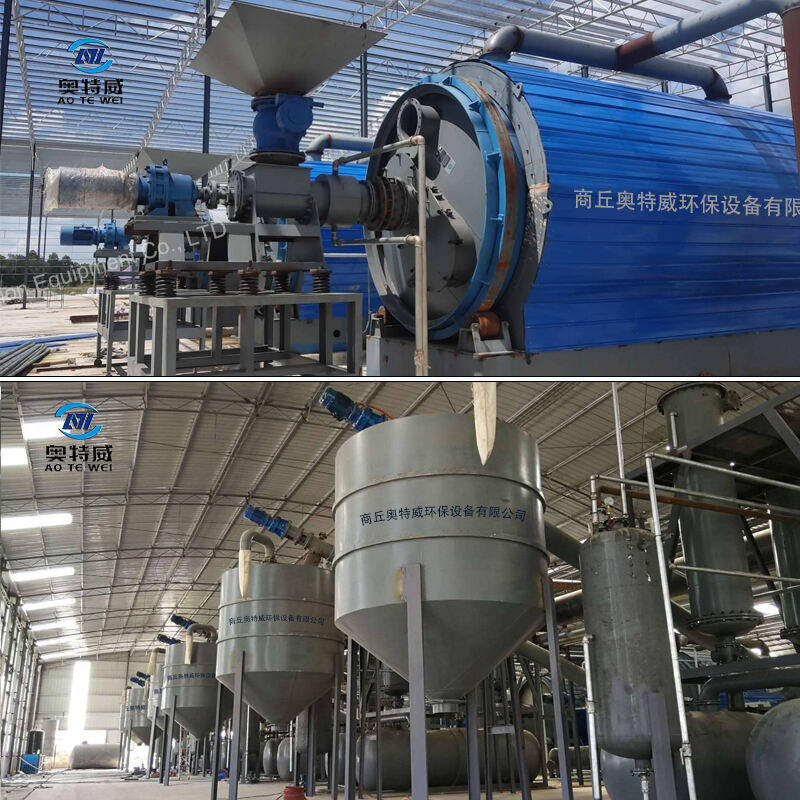
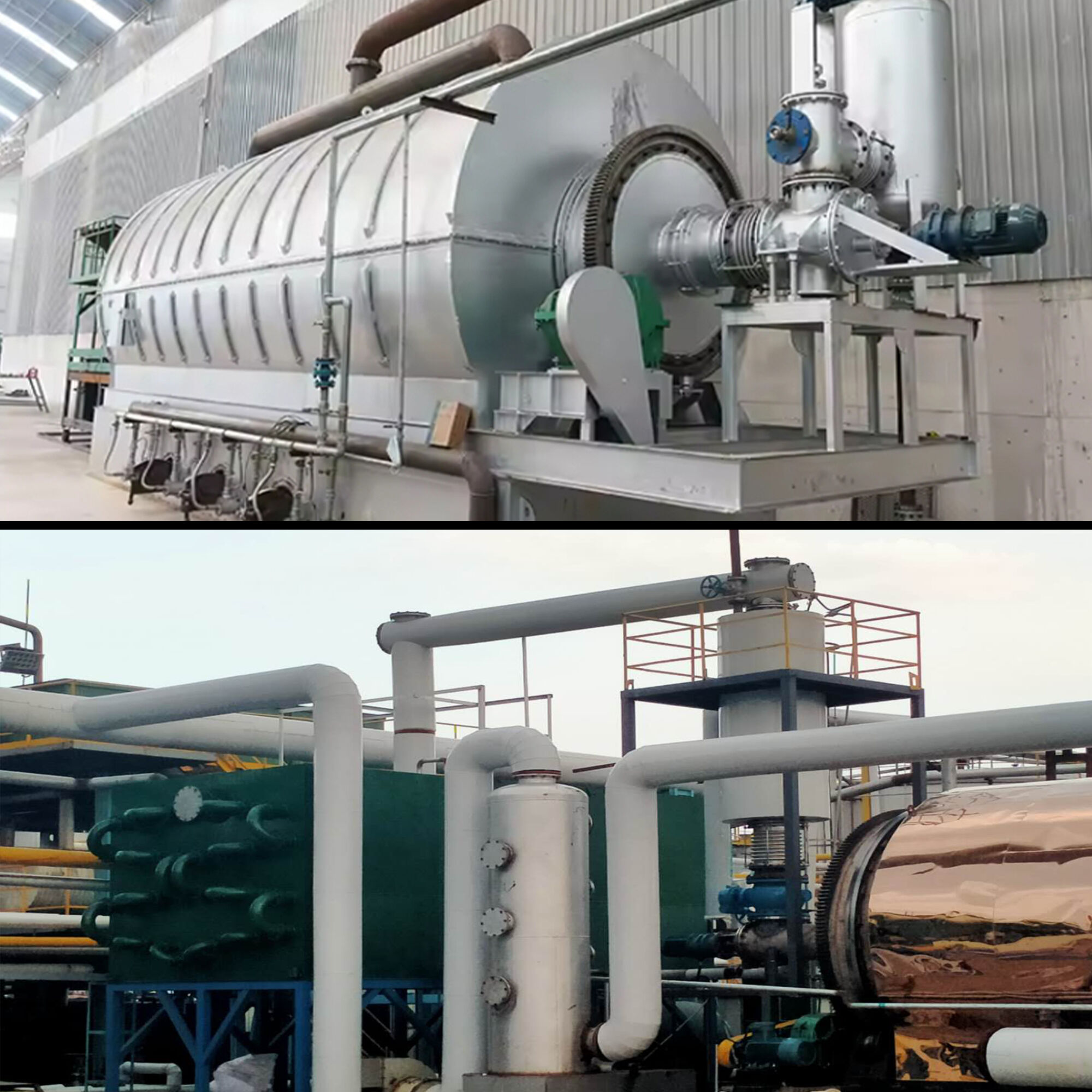
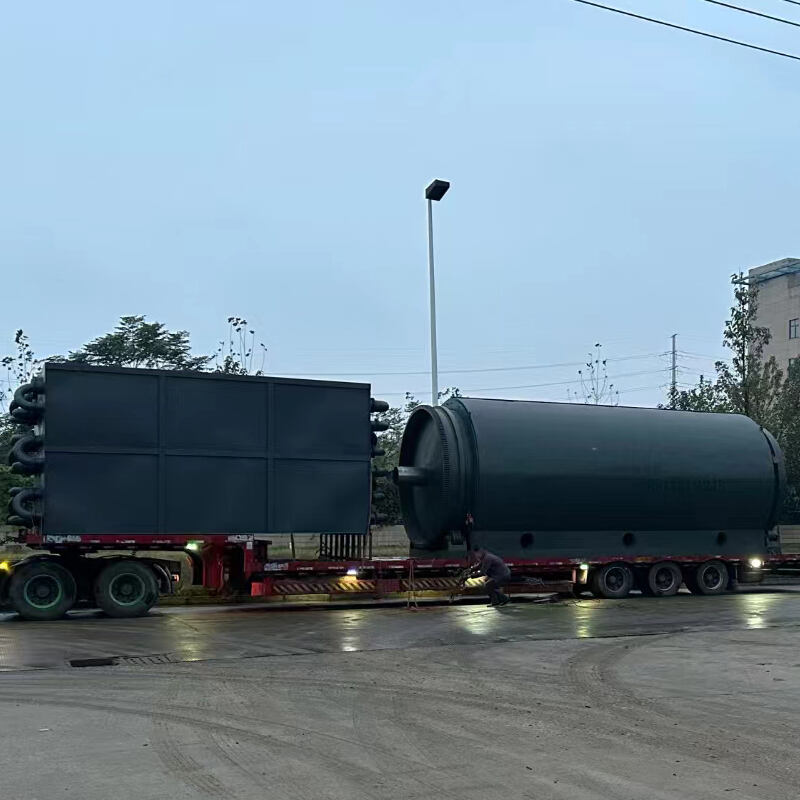
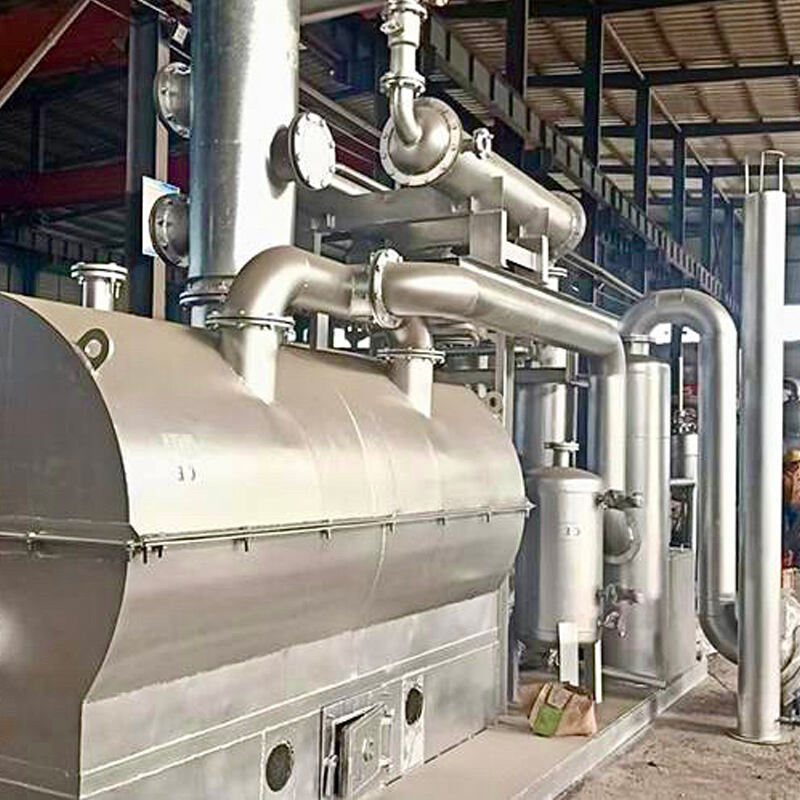
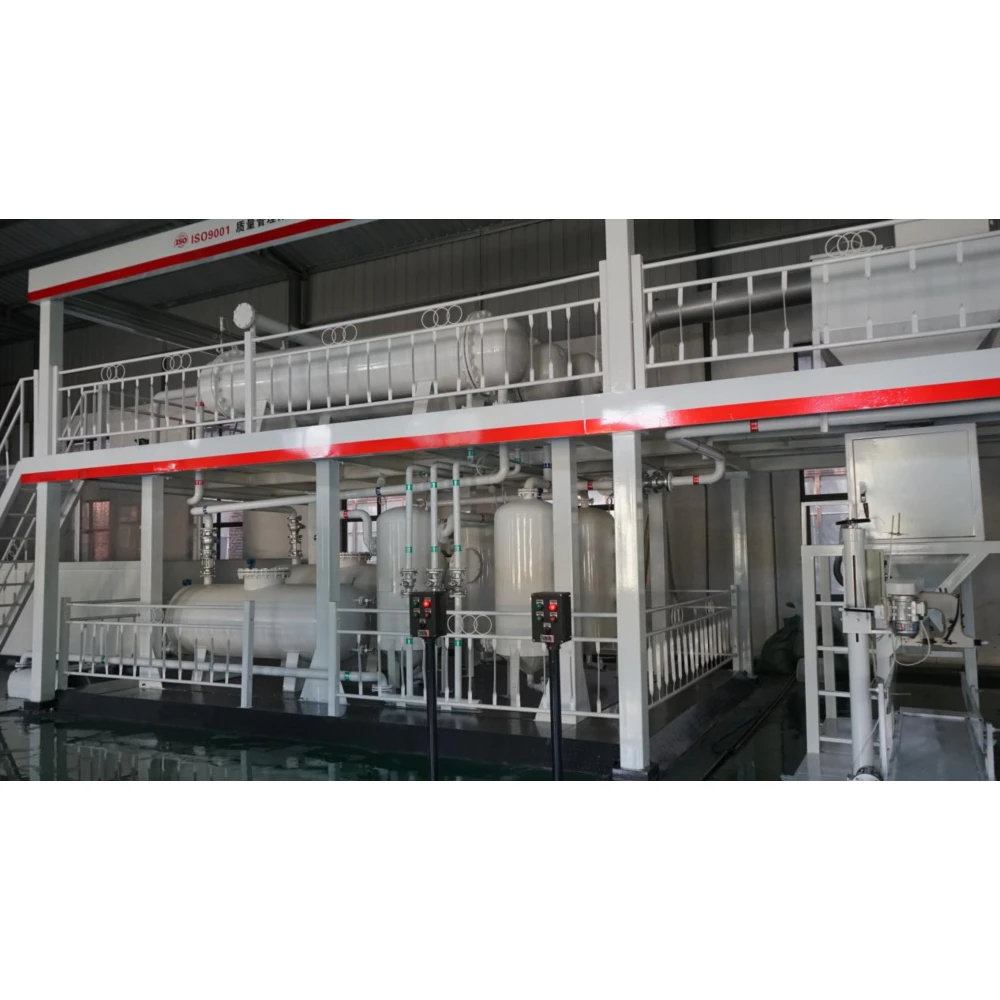
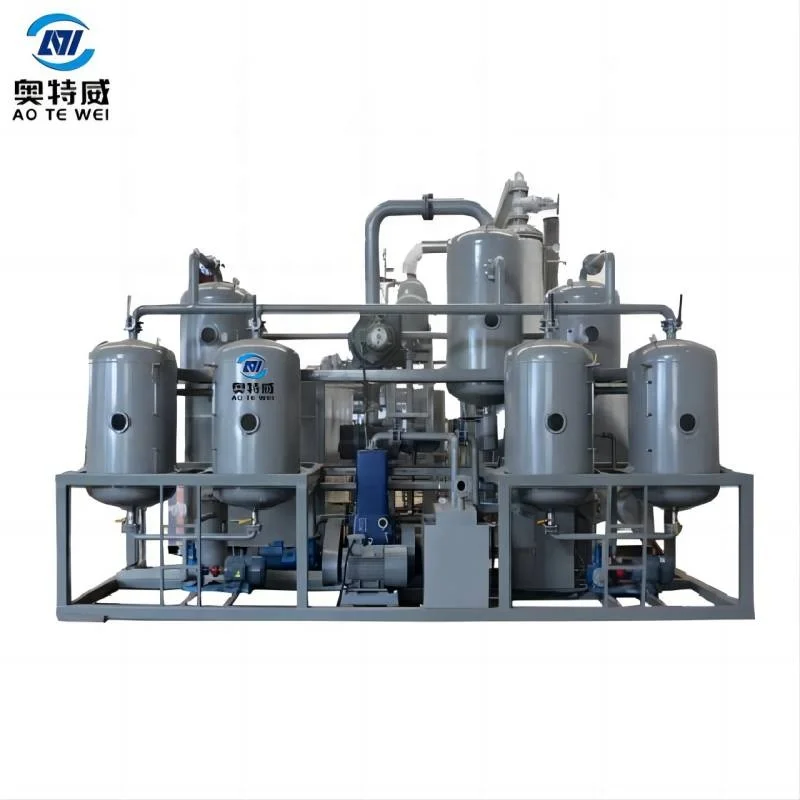
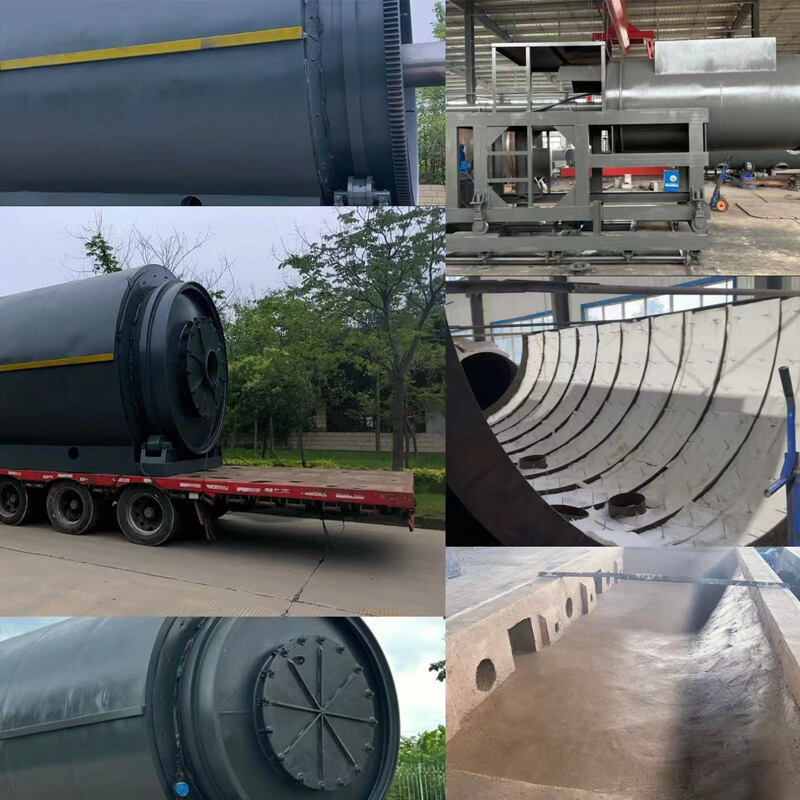

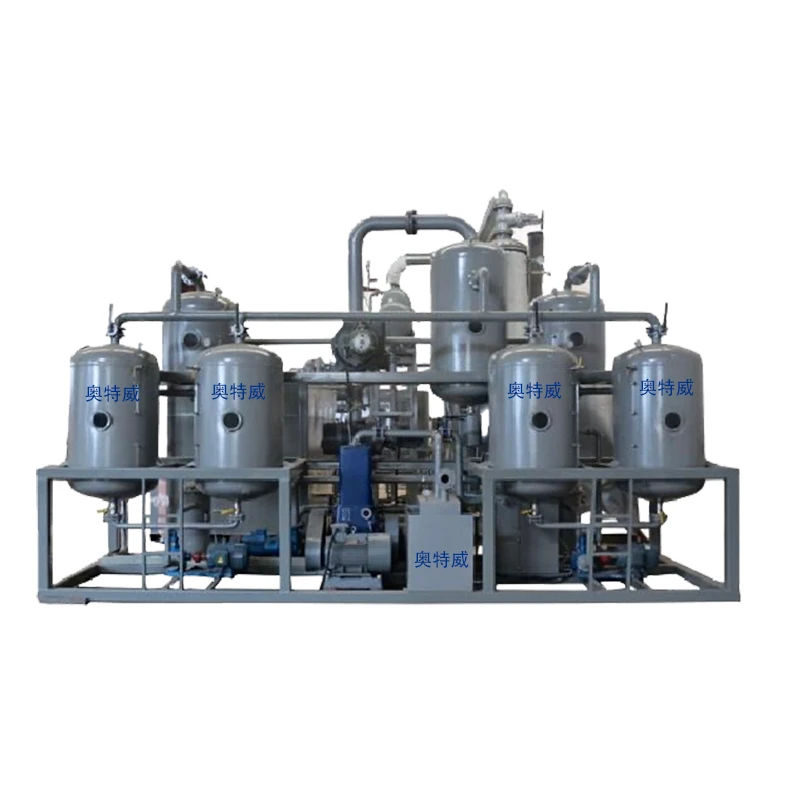
 Hot News
Hot News